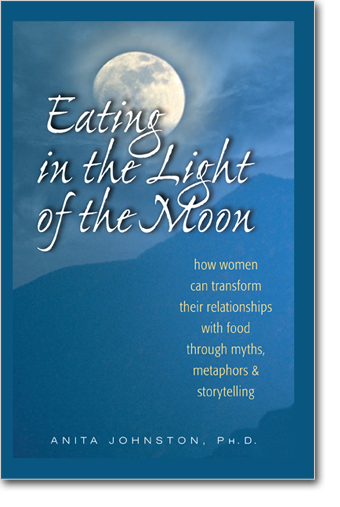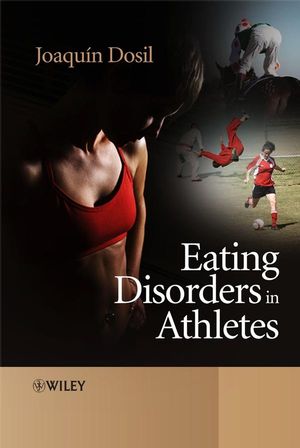VIDEO
Binge Eating Disorder - What Is It? | Kati Morton
In order to meet the criteria for binge eating disorder, someone must have recurrent episodes of binge eating. The DSM defines binge eating as 1. Eating in short amount of time an amount of food that is definitely larger than what most people would eat in a similar amount of time and circumstance. See more...
09:16 min












